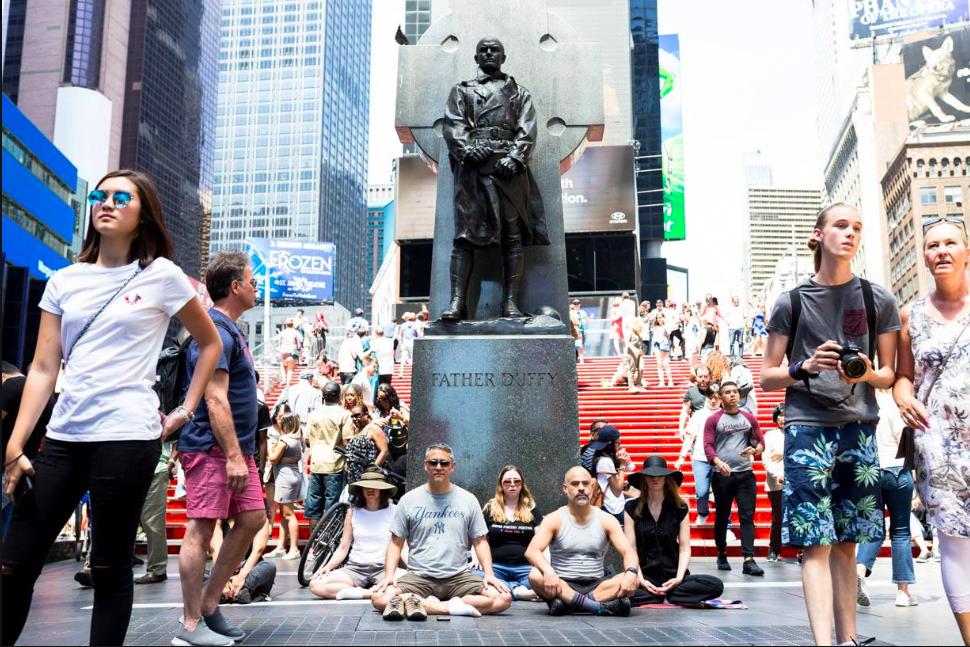Contemporary Perspectives on Buddhist Ethics is a conference happening at Columbia University October 6th and 7th, 2011 in New York City. There is a focus throughout the conference on the integration of meditative (Buddhist) practice with western ideas and disciplines and the contributors will include Walter Sinnott-Armstrong, Damien Keown, and Robert Thurman. The homepage of the conference site points out that, “Researchers in the mainstream of philosophy and psychology have begun to appreciate the promise of Buddhist ethical discourse on such topics as the nature of the persons, freedom, attention training, and emotional regulation. Moreover, the growth of Buddhist ethics as a discipline has also led Western teachers and practitioners of Buddhism to apply it’s tenets to contemporary issues and problems.”
From a Sitting Project perspective and maybe from the perspective of any people who are interested in the benefits of a sitting or meditative practice, Panel 5 is of particular interest:
Panel 5: Personal Cultivation & Moral Psychology
It would be difficult to point to a more central goal of Buddhist meditation practice than the cultivation of one’s moral capacity. Buddhist texts, especially those from the Pāḷi cannon, emphasize the cultivation of mindfulness as leading to unwavering moral motivation to avoid acts that are “unskillful.” The cultivation of compassion is a hallmark of Mahāyāna Buddhist meditation. The psychological and physiological changes involved in such meditative practices are the subject of a growing number of empirical studies. Recent studies of long-term practitioners of mindfulness meditation have begun to make significant contributions to our current understanding of neural plasticity, attention, and consciousness. This panel will examine the cognitive science of meditation and moral motivation. Can meditation affect the short-term psychological states or long-term character traits that motivate pro-social actions? How have various Buddhist traditions explained the relation between attention, emotion, and virtuous action, and what light can be shed by modern science?
Participants
Evan Thompson (University of Toronto, CA)
Willoughby Britton (Brown University)
Andrew Olendzki (Barre Center for Buddhist Studies)
Jesse Prinz (CUNY Graduate Center)Moderator:
Walter Sinnott-Armstrong (Duke University)
This conference is free to attend but you must register at the site:
http://www.cbs.columbia.edu/buddhist_ethics/
Go get your contemplation on.


